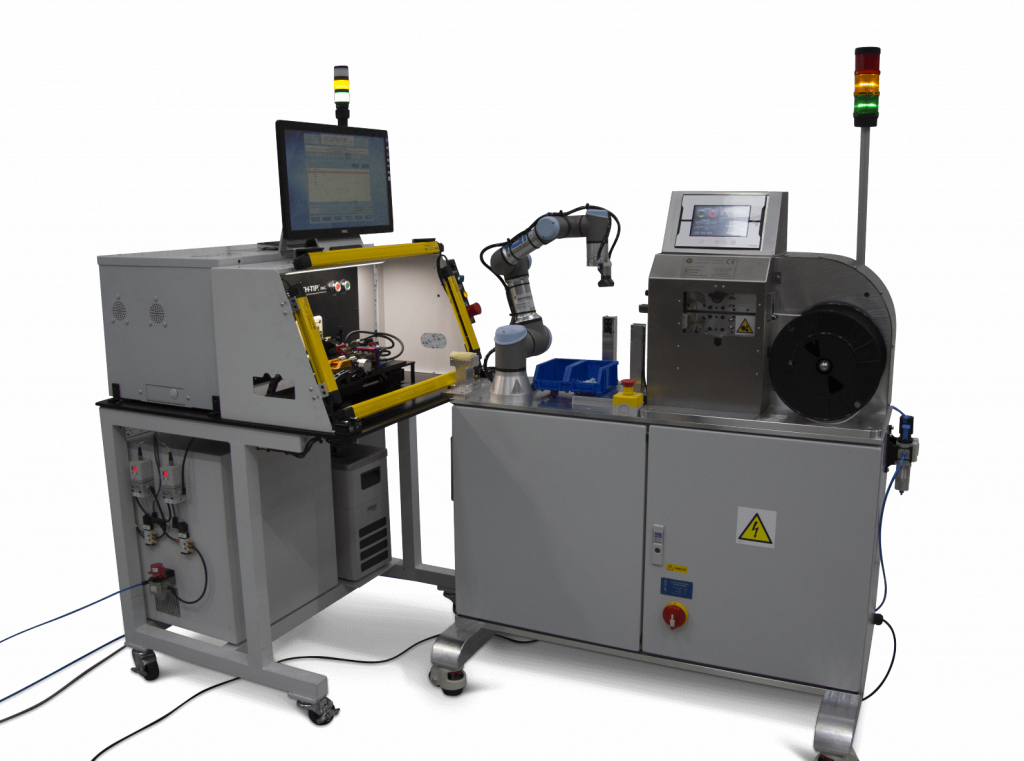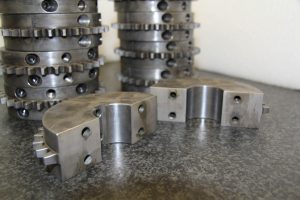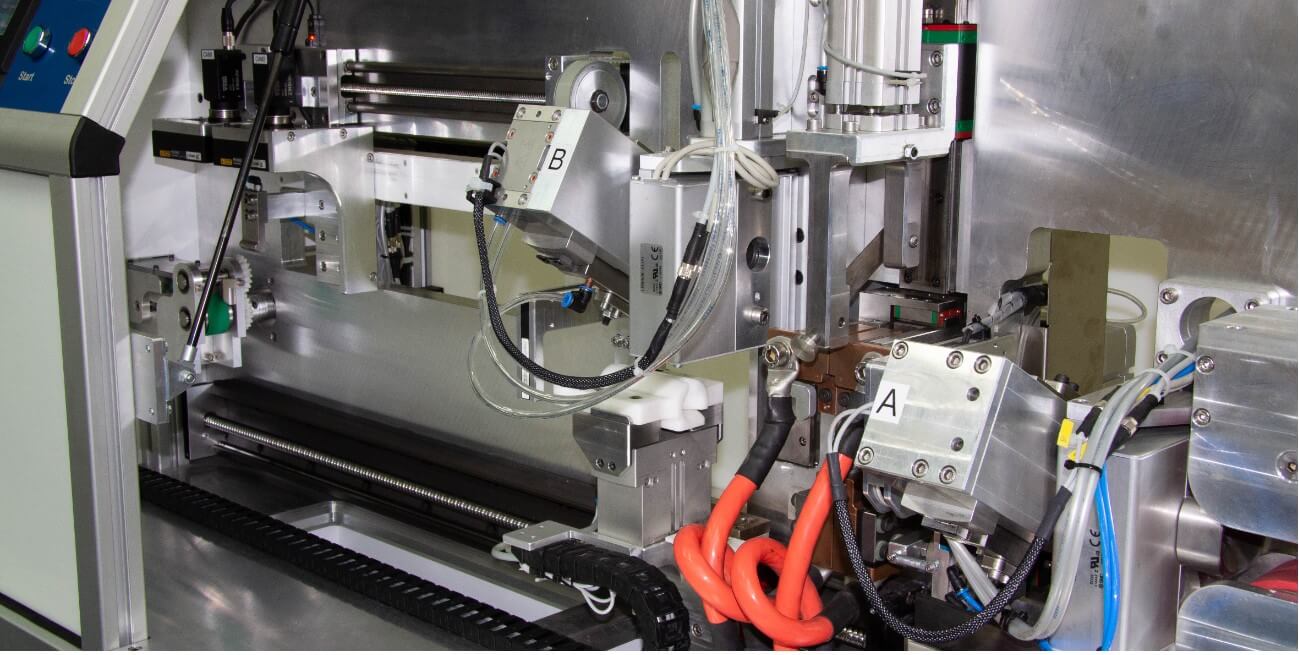Introduction:
In today’s fast-paced manufacturing industry, increasing productivity is crucial for businesses to stay competitive. One effective way to achieve this is by leveraging automation in manufacturing engineering processes. By integrating automation technologies, manufacturers can streamline operations, reduce costs, and improve overall efficiency. In this post, we will explore the key benefits of automation in boosting productivity for manufacturing engineers.
Increased Efficiency:
Automation eliminates manual and repetitive tasks, allowing manufacturing engineers to focus on more complex and value-added activities. By automating routine processes such as data collection, quality control, and inventory management, engineers can save time and allocate their expertise to more critical tasks. This enhanced efficiency translates to higher productivity levels and faster turnaround times.
Enhanced Accuracy:
Human errors are inevitable, especially when dealing with repetitive tasks. Automation minimizes the risk of errors by executing operations with precision and consistency. Manufacturing engineers can rely on automated systems to carry out tasks that require high accuracy, such as assembly line operations, product testing, and quality assurance. Improved accuracy leads to higher product quality and customer satisfaction.
Optimal Resource Utilization:
Automation helps optimize resource allocation by providing real-time insights into production processes. By monitoring machine performance, inventory levels, and production data, engineers can identify bottlenecks and make data-driven decisions to maximize resource utilization. This ensures that manufacturing operations are streamlined and resources are efficiently allocated, further boosting productivity.
Reduced Downtime:
Unplanned downtime can significantly impact productivity and profitability. Automation systems enable predictive maintenance, where equipment performance is continuously monitored to identify potential issues before they cause breakdowns. By implementing preventive measures, manufacturing engineers can minimize unplanned downtime, increase equipment uptime, and maintain smooth operations.
Scalability and Flexibility:
As businesses grow, scalability becomes crucial. Automation provides the flexibility to adapt to changing production demands. Manufacturing engineers can easily adjust automation systems to accommodate increased production volumes, new product lines, or changes in customer preferences. This scalability allows manufacturers to meet market demands efficiently, without compromising productivity or quality.
Improved Safety:
Automation technologies contribute to a safer work environment by minimizing human interaction with hazardous tasks and reducing the risk of accidents. Manufacturing engineers can delegate dangerous or physically demanding tasks to automated systems, ensuring employee safety and well-being. With enhanced safety measures in place, productivity can be sustained without compromising the health and welfare of the workforce.
Additional Information:
To further understand the impact of automation on productivity, let’s consider a case study. ABC Manufacturing implemented an automated assembly line for their electronic devices. By automating the repetitive assembly process, they were able to increase their production capacity by 30% while reducing the error rate to less than 1%. This resulted in significant time savings for their manufacturing engineers, who could now focus on innovation and process improvements.
In addition to assembly line automation, automation can also be applied to quality control processes. XYZ Manufacturing integrated automated testing equipment into their production line, reducing the time required to test each product. This allowed their manufacturing engineers to shift their attention to analyzing test results and identifying areas for improvement, leading to faster product iterations and increased overall productivity.
Conclusion:
Automation plays a pivotal role in increasing productivity for manufacturing engineers. By leveraging automation technologies, businesses can streamline operations, improve efficiency, and optimize resource utilization. The benefits of automation include increased efficiency, enhanced accuracy, reduced downtime, scalability, and improved safety. Embracing automation empowers manufacturing engineers to focus on innovation and complex problem-solving, ultimately driving business growth and success.




